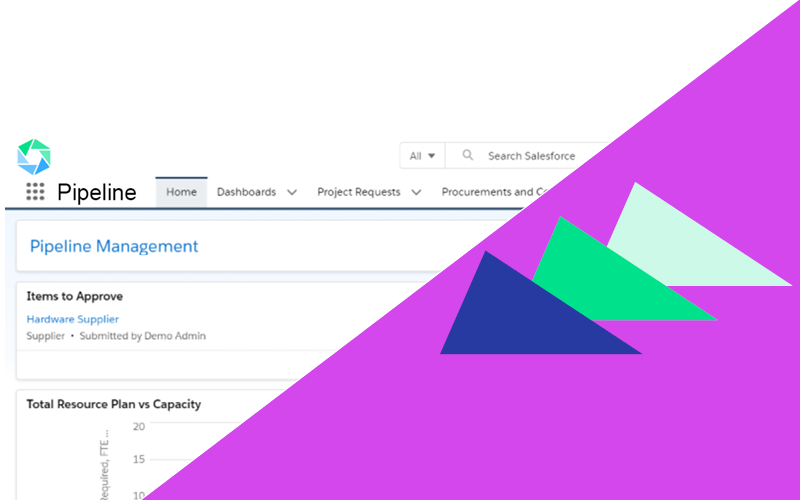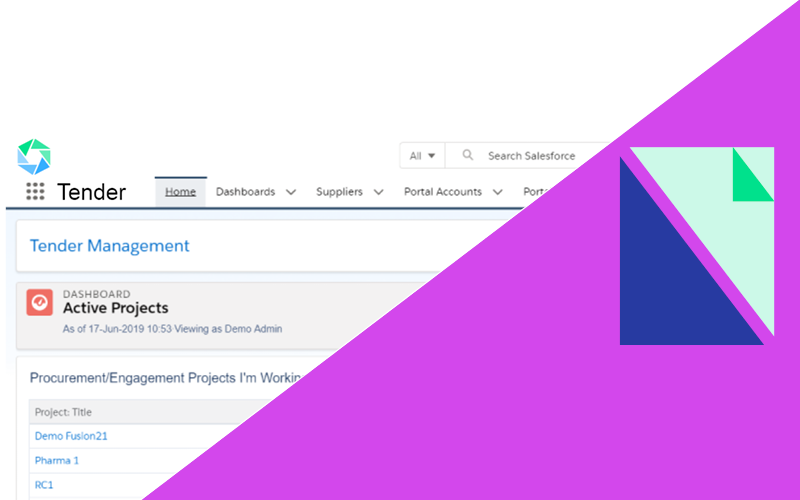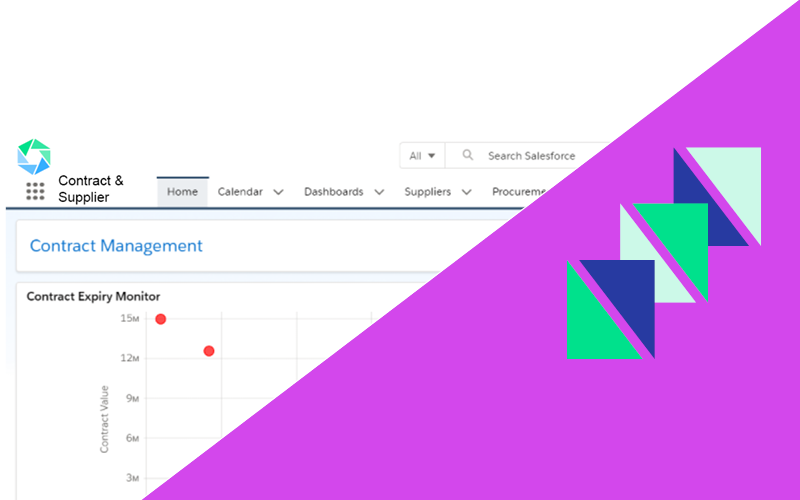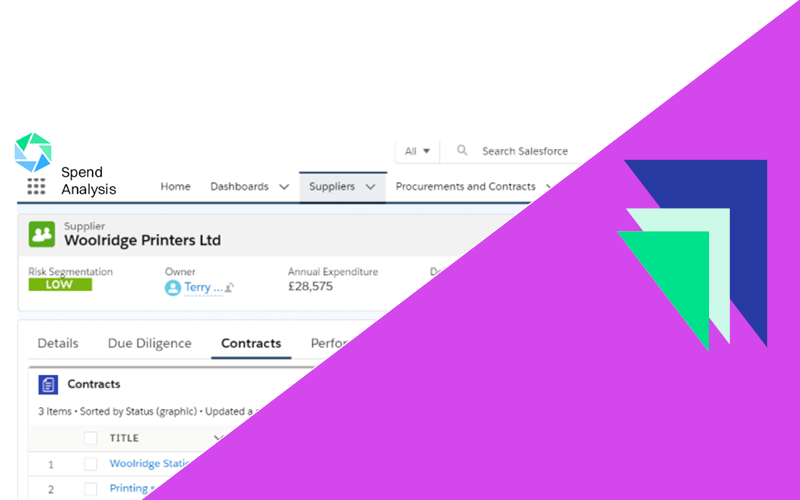As any good procurement manager knows, procurement doesn’t end when the contract for the required goods or services is signed. Managing your supply chain to maximise revenue and reduce costs is crucial to the success of your business. It is also the most complex part of the procurement process. This is where a robust supplier relationship management solution becomes vital in supporting collaboration, streamlining communication, and enabling data-led decision-making.
Some consider suppliers transactional and don’t try to develop relationships during the contract lifecycle. Undervaluing your suppliers in this way can be damaging and lead to supply disruption and exceeding agreed budget levels. To get the most of your suppliers, take a collaborative approach which benefits both parties and advances their interests.
Here are five tips on how to get the best out of your supplier relationship management (SRM).
1. Communication with the Right Tools
Just like with other relationships, the quickest way to a failed contract is not communicating with your suppliers. At the beginning of the relationship, set out both the frequency and methods of communication. Communicating regularly will ensure that you avoid misunderstandings and confusion. Where possible, meet your suppliers regularly in person or speak on the phone as written communication can sometimes be taken the wrong way.
Including a high quality supplier relationship management solution as part of your procurement system will help you communicate effectively with your suppliers. It should include a supplier portal that gives both parties access to key documentation and allows the uploading of relevant information during the contract. It will act as a central repository for both communication records and documents and will give you a complete audit trail for audit purposes. It will also make it easier for your suppliers to contact you.
Talk to your suppliers as soon as you notice any problems. It will help them rectify issues quickly, reducing the impact they may have on your business and customers. Ask them for feedback and share ideas so that goods and services can be continually improved.
2. Align on Performance and Accountability
To get the best out of a supplier, you need to understand how their business works. Look at their business positions and how they operate. It will help you align your businesses and develop a mutually beneficial relationship.
Where possible, appoint someone to manage the supplier relationship, so they have a single point of contact for communication. It will encourage a genuine relationship where issues can be more easily navigated, negotiations less challenging and deals easier to reach.
Set KPIs and regularly monitor the performance of the supplier against contract terms. Understand the contractual obligations your supplier is under. You need to be confident that your supplier is delivering what you’re paying for. To do this, you must know the terms of the contract. Review their performance against KPIs and discuss it with them during regular meetings. A way of ensuring you are managing your contracts productively is by using a contract management system.
3. Identify and Manage Supply Chain Risks
Businesses often overlook the importance of identifying and mitigating risks. A disruption in your supply chain could be catastrophic for your business, leading to reputational damage or financial penalties and loss of income. Regulators and customers will hold you responsible for the quality of goods and services your suppliers provide.
As part of the supplier evaluation process, you need to carry out due diligence on your suppliers. You must satisfy yourself that they can provide the goods or services you want them to supply. It should include looking at their:
- Financial stability
- Business systems and technology
- Quality management
- Compliance history
- Industry standards and certifications
- Production capacity
- Business premises and operations
From this, you will be able to assess and evaluate supplier risk. Once you’ve done this, you can rank the risk and put mitigation plans in place. The criticality of each risk will determine the controls you put in place and the regularity of future inspections and risk audits.
4. Pay Promptly and Build Trust
There are two main reasons for paying your supplier on time. First, it shows them you are financially stable and second, it increases your credibility as a business partner. Late payments undermine your relationship with a supplier. They will be less likely to be flexible or help you should you need it. For example, if you needed an expedited delivery of goods. You may also be hit with a late payment charge.
If you are a persistent late payer, at renewal you may find yourself with less favourable terms or a price increase. Alternatively, the supplier may end the contract.
5. Foster Fairness and Professionalism
Your contract might say a supplier must deliver goods or services by a specific date each month. It may also impose penalties if they cannot meet the agreed deadline. However, one month they may tell you they will be two days late. Rather than taking a heavy-handed approach and penalising them, take an understanding approach and give them the benefit of the doubt. People respond better to reasonableness and will be more likely to go that extra mile for you should the need arise.
Why a Supplier Relationship Management Solution is Key to Long Term Success
A strategic, structured approach to managing suppliers starts with the right technology. Atamis provides a scalable supplier relationship management solution that supports long-term, value-driven partnerships. From communication and performance tracking to risk mitigation and supplier engagement, we help you turn supplier management into a competitive advantage.
Contact Atamis Today for Help with Your SRM
Get a demo today to learn how our SRM capabilities can transform your procurement function.
 Our Pipeline App empowers your team to plan ahead and forecast for upcoming procurement activities.
Our Pipeline App empowers your team to plan ahead and forecast for upcoming procurement activities.  The Tender App allows your team to visualise all sourcing activities within your Atamis platform, from issuing tenders to receiving bids.
The Tender App allows your team to visualise all sourcing activities within your Atamis platform, from issuing tenders to receiving bids. Our Contract & Supplier App puts your team in firm control of your key supplier relationships and provides a central repository for all contracts.
Our Contract & Supplier App puts your team in firm control of your key supplier relationships and provides a central repository for all contracts.  Our Enhancers ensure your solution is tailored to your needs. Pick and choose additional functionality that fits your requirements.
Our Enhancers ensure your solution is tailored to your needs. Pick and choose additional functionality that fits your requirements. 